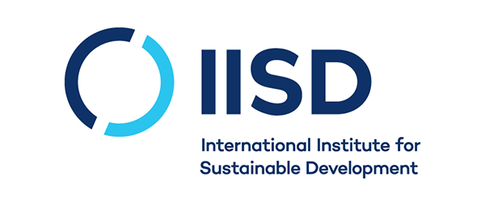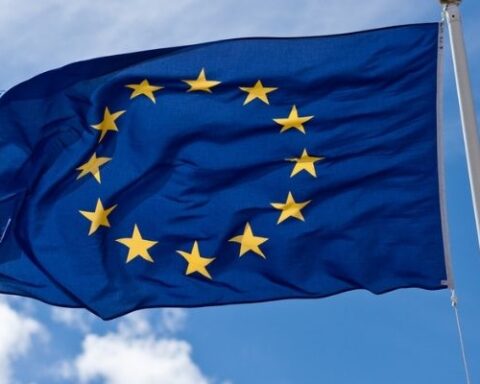However, new research shows that a lack of uptake from private sector companies and limited coordination and alignment between VSICMs are hindering their impact.
Two new reports from the International Institute for Sustainable Development (IISD) unpack and address these issues by mapping out the different types of voluntary measures that companies can use to reduce carbon emissions and outlining what more needs to be done for them to reach their potential.
“At a time when not all greenhouse gas emissions are strictly regulated across countries and sectors with the ambition required, VSICMs can provide companies with a useful roadmap for reducing their carbon emissions,” says Arturo Balderas, senior consultant on climate action.
“They can also increase the transparency and credibility of their carbon management efforts and claims—helping regulators, businesses, and consumers start to distinguish real impact from greenwashing.”
But the co-existence of—and competition among—multiple standards and initiatives has created a complex landscape.
IISD’s new reports help companies understand the different types of VSICMs and how they can help them advance their carbon management practices.
They also outline some of the challenges that such initiatives face, alongside recommendations for addressing them.
“VSICMs need to foster substantial action and increase the number of businesses participating in their schemes to have any hope of limiting global warming to 1.5°C,” said Erika Luna, expert in sustainability standards at IISD.
“A lack of data and standardization across different schemes and initiatives means that claims can sometimes be inaccurate or misleading, as well as difficult to compare.”
Validating and comparing results across schemes and initiatives is further complicated by the absence of a consistent, transparent, and traceable system to present and verify data obtained through VSICMs.
This is particularly important when communicating a company’s progress in reducing its carbon emissions to the people buying or using its goods and services.
IISD’s researchers are calling for a clear governance framework to promote alignment and coordination across initiatives and enhance the effectiveness and credibility of voluntary efforts in carbon management.








